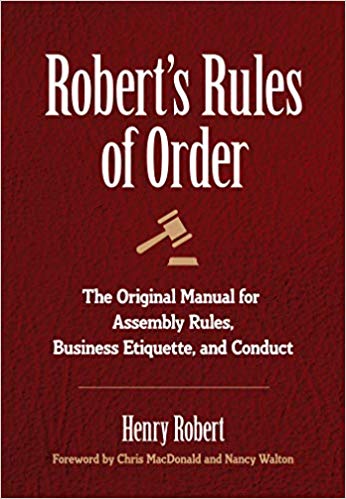By Jimmie Covington
With Memphis City Council elections coming up in October, it is a good time to call on candidates to pledge to drop the unfair practice of declaring that actions of the council are not final until the minutes of a meeting are approved.
The Memphis council appears to be the only governmental body in Tennessee – and perhaps the only one in the United States — to follow this practice.
Members of the public have a right to know at the at the end of a meeting at which “final action” action has been taken that it is indeed final and that it cannot be reconsidered at a later meeting before the minutes of the previous meeting are approved.
Robert’s Rules of Order does provide for a matter to be reconsidered but it states that the reconsideration must take place before the end of the meeting at which the action was taken. If the governmental body has made a mistake, the previous action can be rescinded at any future meeting.
Rescinding an action involves a more extended and complicated process rather simply reconsidering a matter.
The council’s rule says that a matter can be reconsidered up until the point the minutes of a meeting are approved. The minutes of a meeting do not have to be approved at the next meeting.
This post is written by Jimmie Covington, veteran Memphis reporter with lengthy experience covering governmental, school, and demographic issues. He is a contributing writer with The Best Times, a monthly news magazine for active people 50 and older, where this is published in its August issue.
***
Join us at the Smart City Memphis Facebook page for daily articles, reports, and commentaries relevant to Memphis and the conversations that begin here.





I do not plan to vote for any candidate for the council who is not willing to tell me that he or she will work to end the practice of making actions of the council subject to approval of the minutes. jcov40
Here are a couple of lines from a 2004 newspaper editorial:
CITIZENS WHO have been led to believe that the Memphis City Council sees things their way on an issue should not have to hold their breath until the next time the council holds a meeting.
That’s unfortunately the case, however, because of a parliamentary maneuver used by the council occasionally to reverse decisions on matters the public believes have been settled. The council maintains that its votes don’t represent final decisions until it approves the minutes of meetings in which votes are taken.
That’s the way it was then and that’s the way it still is today. Actually it can be longer than the next meeting. Council members can delay the approval of minutes for as long as they wish.